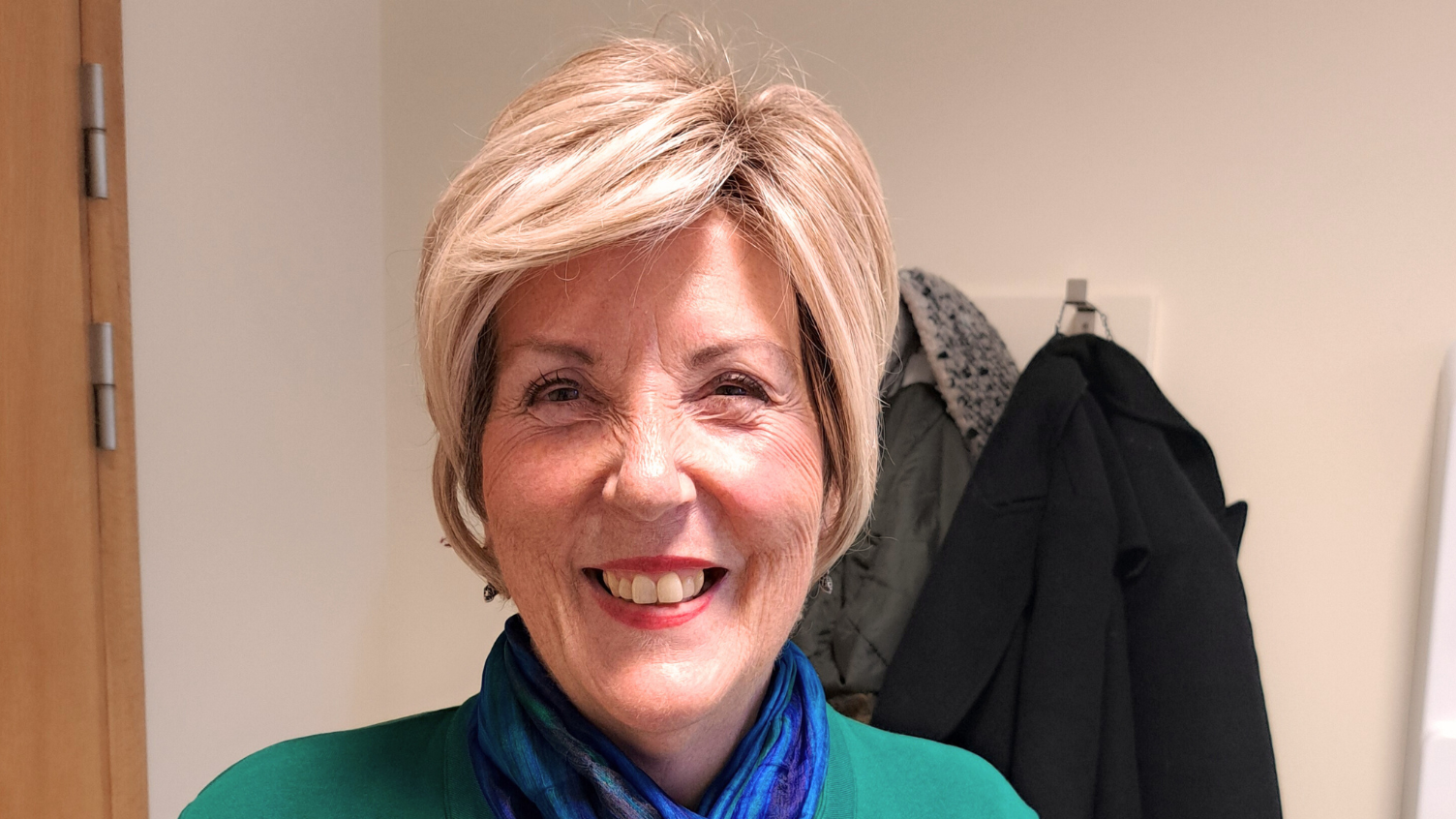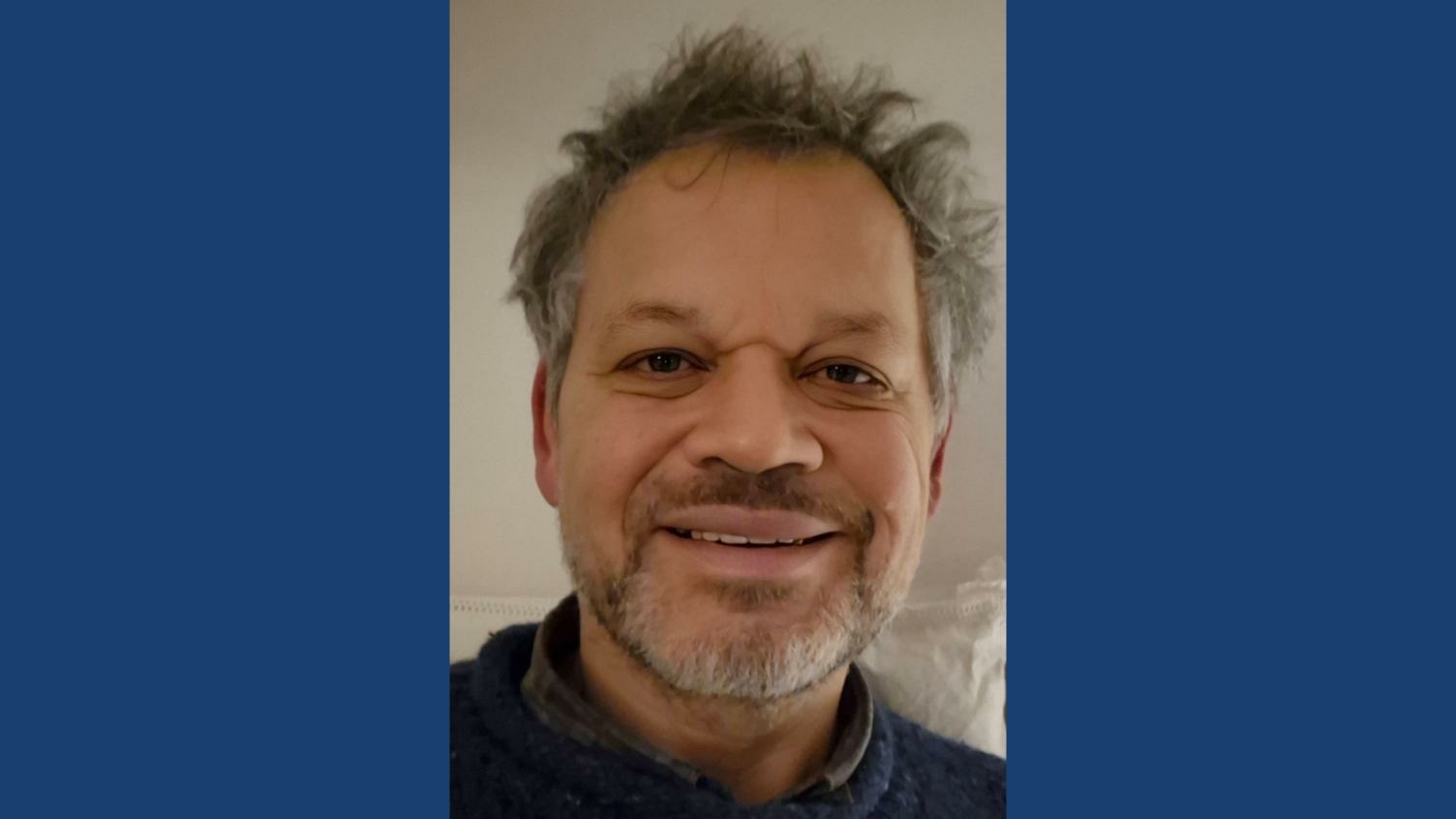Your Path in Research - Ben's Story
- 4 November 2022
- 4 min read
Ben Brown, Deputy Care Home Manager, shares his story about his career in research.
We caught up with Ben to find out more about his research story.
How did you first get involved in research?
I first became involved in research when the subject came up at a local authority (Stockton Borough Council) provider forum hosted by their transformation team. The transformation team are wonderful at signposting services such as ours, a general residential care home, to initiatives which they feel may be of benefit or interest to them.
The thought of participating in a research project piqued my interest immediately. When I discovered there were research teams keen to gain the unique perspectives of individuals actually living in a service such as ours, I just knew we had to be involved. There is one lady in particular, a retired lecturer, who lives in our service who I knew would be the most perfect fit for research. She was immediately hooked on the idea, as this scratched a very deep itch for her; the desire to contribute towards a wider goal.
Her name is Dorothy, she has now contributed towards three research projects which I have been privileged enough to attend alongside her. My role revolves very much around enabling Dorothy access so she can contribute towards research conversations. Sometimes this includes technical support such as accessing Microsoft Teams and sometimes it can be alleviating communication barriers, such as providing context for Dorothy or relaying what Dorothy has said back to the team. I have also had the privilege of contributing from my own perspective as a care provider where it was appropriate. One example of this was around reducing falls in care services, which is a topic that I have a lot of experience with, so it was really nice to be able to reflect on that with the group.
What do you enjoy about research?
Well my involvement with research comes from quite a unique perspective, in that I am part of a duo with Dorothy for whom we provide full time care. So for me, my enjoyment comes from seeing the wider benefits that participation has provided Dorothy with.
I always say that one of the most exciting parts of providing care is the "individual people puzzles" that we are presented with. Every individual we care for has something that we can do to improve their lives. The puzzle is finding it.
For Dorothy, it was a desire to contribute. She has a natural desire to give something back and it comes with a fierce determination that being inside a care home would not stop her from pursuing. For me I was always looking for that perfect outlet for her for her to explore. This is why I just knew that research would be the ideal fit for her.
So, in a very long winded way. My enjoyment comes from watching Dorothy receive feedback from the research team, that her contributions have been useful and highly valued. She needed that, it was exactly what she was looking for. The boost in her mental wellbeing from simply contributing, meaningfully, has been phenomenal.
What training and support have you found most valuable in your career?
Now this is an easy answer for me! There is one in particular that stands out to me and always will. It was another initiative that Stockton Borough Council's Transformation team put towards Care Home Managers. It was called the Well Led Initiative, which was a six month journey that participants would embark upon to reflect and improve upon their leadership qualities.
At first I was unsure about this. I'm a natural introvert and the thought of spending 6 months reflecting on our practice with other people in the same role filled me with dread. However, it turned out to be almost therapeutic. We did some really good work together and built a very strong support network with other care providers which still exists today.
For me the stand out module in the course was exploring the Myers-Briggs Type Indicator. This started out with a very deep introspective questionnaire which looked at how people perceive the world and make decisions. I wanted to almost disprove that this would work, I didn't want to be "put in a box" by some questionnaire. However, I answered completely honestly and I was shocked at the accuracy of the outcome. I am an INFJ; reading through the personality traits and how INFJ's approach the world, was quite a surreal experience. I was reading about me, how it accurately described me was what I found quite therapeutic. This lead on to how I could best use this knowledge of my own personality traits to shape a style of leadership that suites my strengths.
I remember coming back to The White House and putting the staff through the same module and seeing them all resonate so well with it. It was a great little tool that worked very well for us at that time.
What people/organisations did you get in touch with to help you?
I know I have mentioned them a few times already, but Stockton Borough Council's Transformation team are always our first port of call for any kind of help we need. This team consists of Julie Nisbet and Catherine Buller. They are simply amazing. They have helped us to access so many good initiatives and opportunities, including becoming involved with research projects. I attribute so much of what we have achieved at The White House Care Home to their guidance. In 2019 we achieved an Outstanding CQC report and I believe this was largely due to our team embracing everything the transformation team could throw at us.
What are your top 3 tips for somebody starting out in research?
- Don't think you have nothing to contribute.
- Don't underestimate how impactful even the smallest contribution can be.
- Let the conversation naturally flow. Sometimes the best feedback can come from indirectly discussing the subject.


